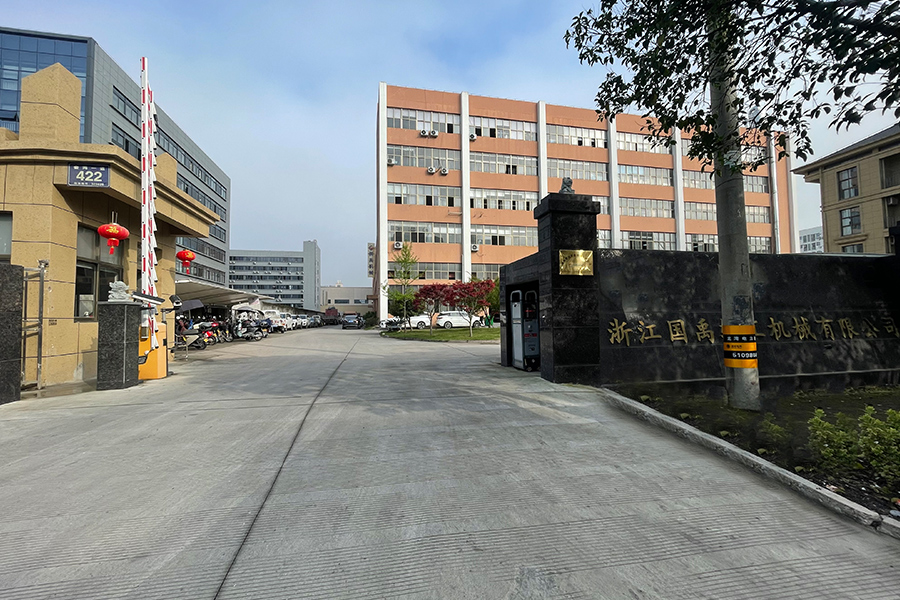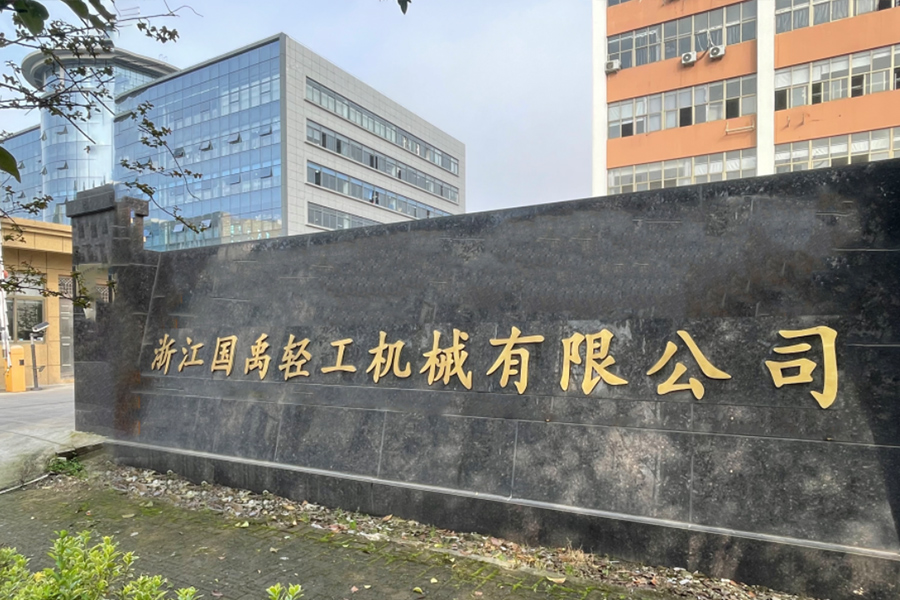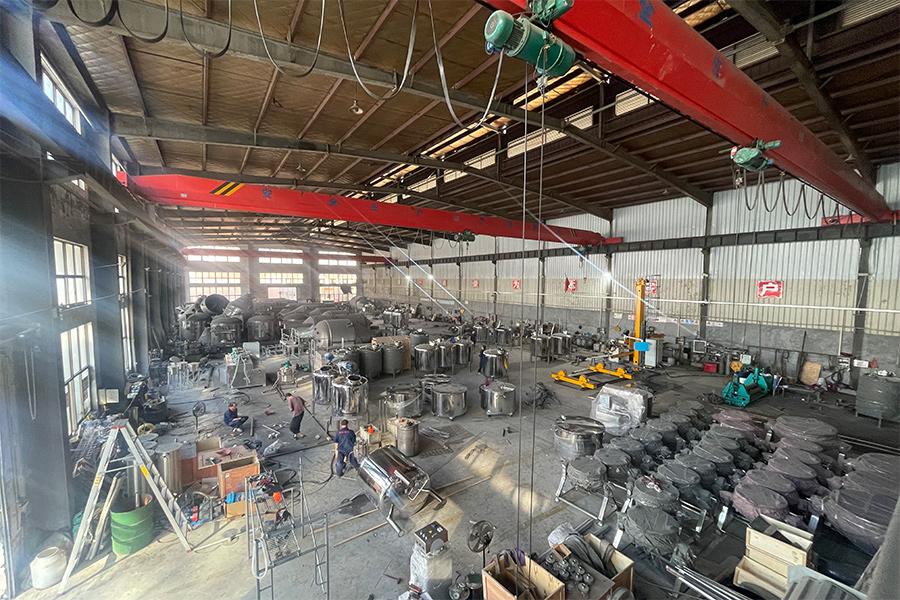-
 [email protected]
[email protected]
-
 +86-13706666922
+86-13706666922

The manufacturing world is experiencing a significant shift in production methodologies as emulsification tanks evolve from basic mixing vessels into sophisticated processing systems. These essential industrial components have become focal points for technological innovation, combining mechanical engineering excellence with digital precision to meet increasingly complex production requirements. The fundamental purpose of these systems remains the creation of stable, homogeneous mixtures from traditionally immiscible substances, but the technological execution has achieved new levels of sophistication and reliability.
Contemporary emulsification tank designs incorporate multiple technological advancements that work in concert to optimize the emulsion process. The integration of high-precision sensor arrays enables continuous monitoring of critical parameters including viscosity, temperature, density, and particle size distribution throughout the production cycle. This comprehensive data collection allows automated control systems to make real-time adjustments to mixing intensity, thermal regulation, and ingredient incorporation rates. The resulting precision ensures exceptional batch-to-batch consistency while small material waste and energy consumption.
Mechanical innovations represent another area of substantial progress in emulsification tank technology. Engineers have developed specialized impeller designs and fluid dynamics configurations that improve mixing efficiency while reducing hydraulic shear forces. These advancements enable manufacturers to achieve predominant emulsion stability with narrower particle size distributions, directly enhancing end-product quality and shelf life. The improved mechanical efficiency also contributes to reduced energy requirements and lower operational costs, addressing both economic and environmental considerations.
The materials employed in modern emulsification tank construction reflect significant advances in metallurgy and surface science. The utilization of advanced stainless steel alloys with enhanced corrosion resistance, combined with specialized interior coatings, ensures product purity and facilitates more efficient cleaning procedures. These material improvements prove particularly valuable in regulated industries such as pharmaceuticals and food processing, where contamination prevention and hygiene maintenance are paramount concerns. The durability of these materials also extends equipment lifespan and reduces maintenance requirements.
Operational flexibility has become a defining characteristic of current emulsification tank systems. Modern designs accommodate diverse production requirements through modular configurations and scalable capacity options. This adaptability allows manufacturers to utilize the same equipment for various product formulations and batch sizes, providing considerable advantages in production planning and resource utilization. The seamless scalability from laboratory development to full-scale production further enhances the value proposition of these systems throughout the product lifecycle.
The integration of Industry 4.0 principles represents perhaps the lots of transformative development in emulsification tank technology. Advanced systems now feature comprehensive digital connectivity, enabling seamless data exchange with factory-wide management systems. This connectivity facilitates predictive maintenance scheduling, production optimization through historical data analysis, and remote operational monitoring capabilities. The resulting improvements in operational efficiency and production transparency provide manufacturers with exceptional control over their emulsion processes.
As industrial requirements continue to evolve toward more complex formulations and stricter quality standards, emulsification tanks maintain their critical role in manufacturing processes. The ongoing convergence of mechanical innovation, material science advancements, and digital integration ensures these systems will continue to meet future challenges while driving improvements in product quality and production efficiency. The continued evolution of emulsification technology demonstrates the industrial importance of these systems and their essential function in modern manufacturing across numerous sectors.







